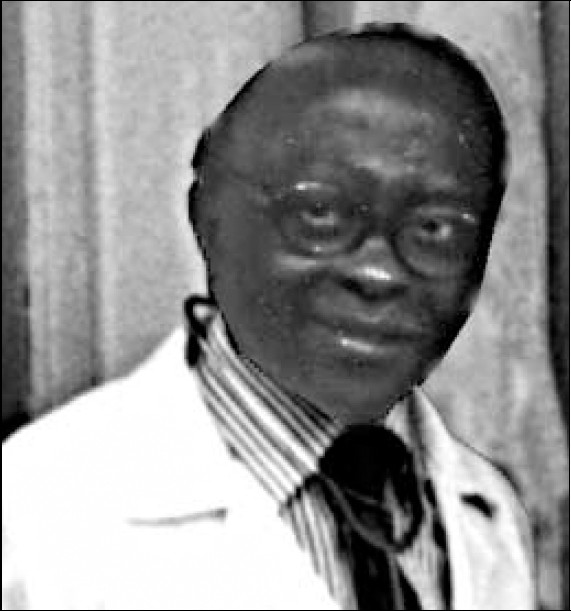Steven Bosa was the first indigenous Ugandan African to train in psychiatry; he obtained his Conjoint DPM in 1960 after a period as a Clinical Assistant at the Maudsley Hospital. He had graduated in Medicine in 1946 from Makerere University College. He was elected a Foundation Member of the Royal College of Psychiatrists in 1971 and later a Fellow.?

I first met Steven in February 1966 when I arrived in Kampala to take up a position as the Foundation Professor of Psychiatry at the Medical School of the University of East Africa. Steven was the only other psychiatrist in Uganda at that time. He was responsible for an astonishing range of duties and services, which included the provision of mental health services to all of Uganda and its 12 million people; the assessment of all persons sent to the secure forensic unit based at Butabika (known as the Broadmoor Unit); the management and administration of the Nurses Training School, also based at Butabika, and also, until my arrival, he had provided clinical and theoretical teaching to the medical students of Makerere Medical School. In addition, he was the only and much respected advisor in matters of mental health to the Government of Uganda and its Ministry of Health.
He had fought hard and effectively for the establishment of a Chair in Psychiatry at Makerere. Until, as early as 1952, having been given the responsibility of finding a suitable site for a ‘modern mental hospital’ in Uganda, he not only identified the Butabika site, but secured this splendid piece of ground in the face of competition from developers and various other government ministries.
Physically he was a small, compact person, quick and agile in his movements, who expressed emotion with his whole body and facial expressions. He set and insisted on maintaining high standards in his clinical and administrative work and I soon became personally aware that when a visit from Dr Bosa was due at the Ministry of Health in Entebbe those expecting to see him were in no doubt that their performance or lack of it would not escape his sharp eye.
In the course of his lifelong preoccupation he started and sustained the Psychiatric Nurse Training School at Butabika Hospital, a concept which he introduced to the Government in 1960. When deserted by the flight of expatriates, psychiatrists and other mental health specialists in the face of a rampaging Idi Amin in 1972-1973 and 1974 he managed, in the face of all odds, to keep a central and rural service going by careful deployment of his devoted nursing personnel. Later, after his formal retirement in 1973, he managed to convince the Ministry of Health to set up a Psychiatric Clinical Officers Training School, again at Butabika, which saw its first intake during the turbulence of 1979 when the Amin regime was in a state of terminal collapse. These clinical officers are now responsible for running community-based mental health services in every corner of Uganda.
He suffered from a flying phobia throughout life. As a result he travelled only as far as he could by road. The exception, of course, was his emergence to train in the UK, an experience which he held dear, as if the Holy Grail of his achievements, talking often when frustrated of “going home to London”. But he never did.
He died in Kampala, Uganda in February 2000, at the age of approximately 80 years.



eLetters
No eLetters have been published for this article.